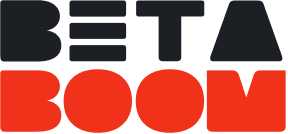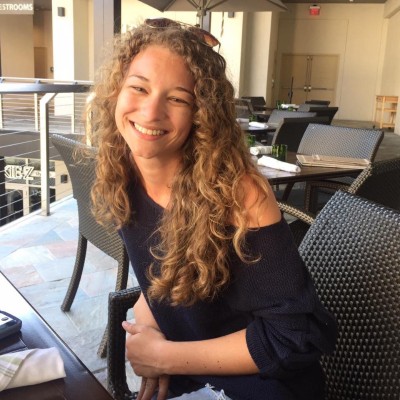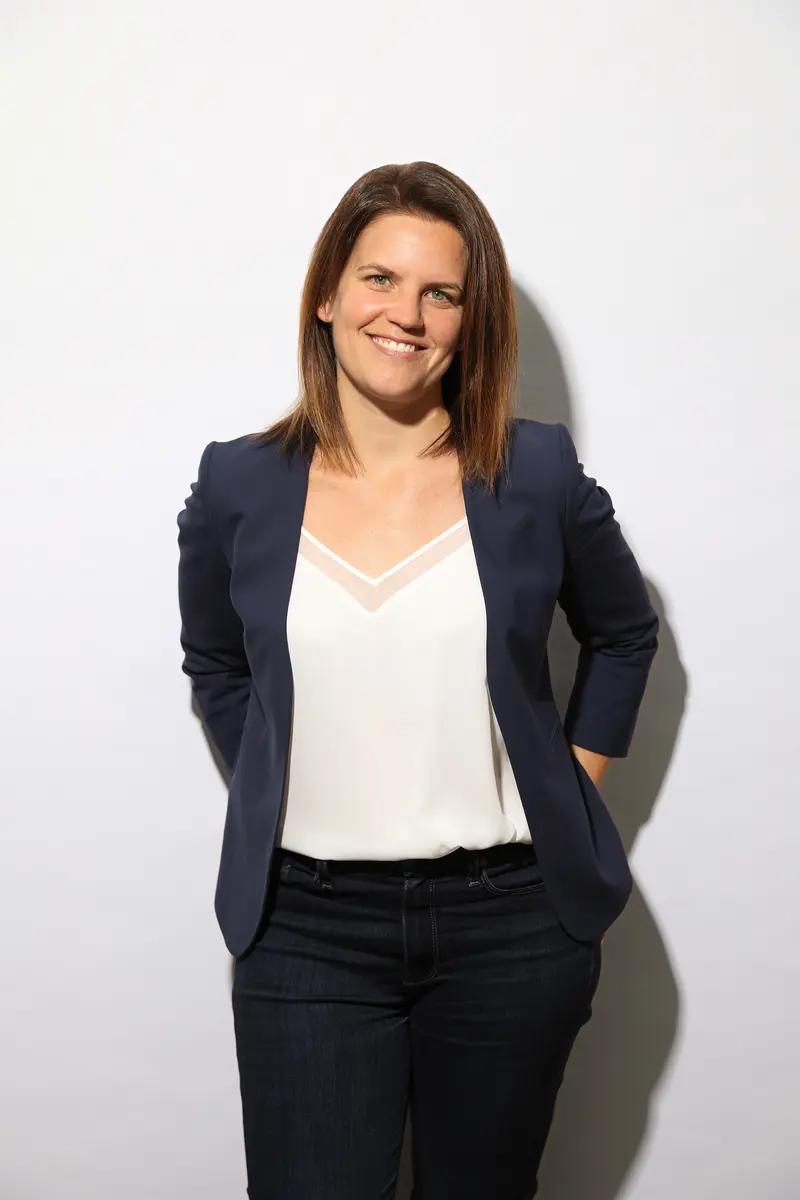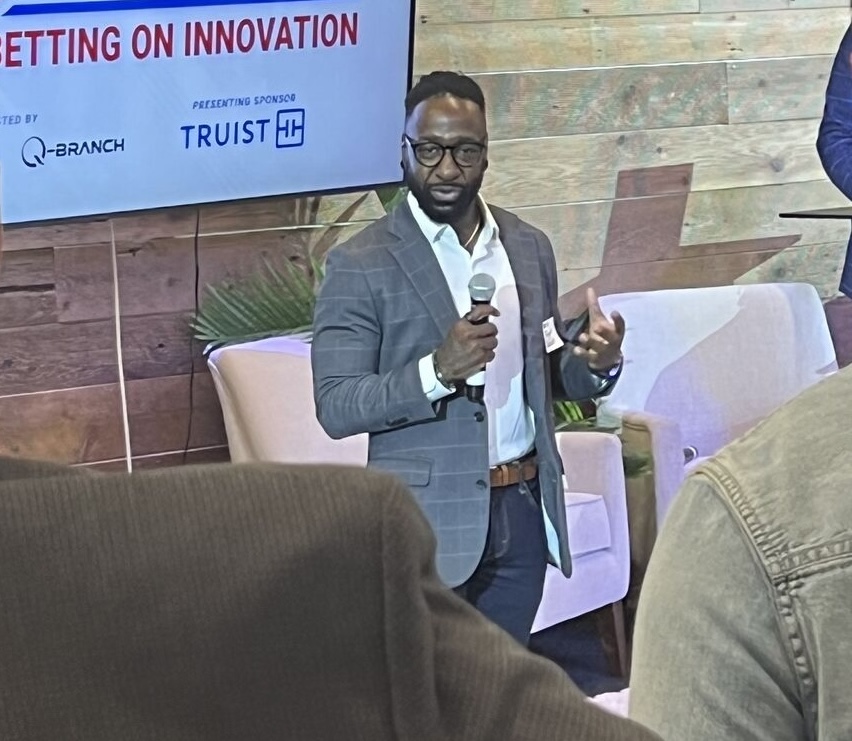There are many hurdles to becoming a successful startup founder, but some – like the disabled – it can be harder to get your business off the ground.
Luckily, numerous programs have emerged to help disabled founders lay the groundwork for their dream startups. From government initiatives and nonprofit funding to advocacy networks, these resources are designed to empower and support disabled entrepreneurs.
Government Programs
Plan to Achieve Self-Support (PASS)
Plan to Achieve Self-Support (PASS) allows individuals to set aside money for business expenses without affecting their Supplemental Security Income. Eligibility is based on income and resources, with net worth limits of $2,000 for individuals and $3,000 for couples.
CDFI Loans
Community development financial institutions (CDFIs) are private financial institutions that support underserved communities that facing funding shortages. Many CDFIs use Disability Funds-Financial Assistance (DF-FA) to lend money to organizations and businesses that provide assistance to individuals with disabilities.
Transform Business Grants
Transform Business Grant were created for individuals from systematically marginalized groups. Winners receive a $1,000 grant and year-long, growth-based mentorship program. Applicants must be a part of a historically disadvantaged group, align with Transform's mission, and social-impact oriented.
Service-Disabled Veteran-Owned Small Businesses
Similarly, the federal government also awards at least 3% of federal contracting dollars to Service-Disabled Veteran-Owned Small Businesses (SDVOSB). Any small business owned and controlled by a veteran or service-disabled veteran can apply. service-disabled veteran.
National Association for the Self-Employed
The National Association for the Self-Employed (NASE) specifically offers grants for disabled founders. NASE supports self-employed business and micro-businesses, offering access to resources to compete with larger players. NASE members can apply for like Growth Grants, which provide $4,000 for marketing, advertising, hiring, and expanding.
Nonprofit and Advocacy Groups
NAACP and Leslie's Certification Boost Grant
The NAACP and Leslie's Certification Boost Grant help entrepreneurs operating in rural and urban communities get business certifications, including Disability-Owned Business Enterprise (DOBE). Most recently, small businesses in Arizona, California, Florida, Georgia and Texas were awarded $5,000 grants. To be eligible, businesses must be in one of those states, be at least 51% owned by someone who has a disability and operate in the food or consulting industries.
The Valuable 500
The Valuable 500 is a partnership of 500 CEOs who have committed to disability inclusion in the entrepreneurial space. They aim to drive change through “Synchronised Collective Action,” which focuses on leadership, reporting and representation – “moving in the same direction, at the same time, against the same system barrier.”
Disability:IN
Disability:IN is the leading nonprofit resource for business disability inclusion worldwide, partnering with leading companies and drives long-term impact. Their mission is to advance disability inclusion and accessibility, which will accelerate the global economy for all. In addition to offering certifications, it offers information on digital accessibility programs, disability inclusion, disability equality index and other topics.
The National Disability Institute
The National Disability Institute (NDI) is a nonprofit that advocates for people with disabilities and provides training and technical assistance to the community. The NDI’s Small Business Hub, supported by the SBA, is designed to help founders create a business plan, find capital and get one-on-one counseling to achieve goals.
Howe Innovation Center
After 175 years, Perkins School for the Blind decided to launch of the Howe Innovation Center at Perkins. The Center’s focus is to connect and converse with the people who can build the right solutions for the disabled. Due to the challenges startups in the DisabilityTech space face, Perkins is connecting real users to innovative accessibility solutions and entrepreneurs.
Start Access
Start Access convenes and connects diverse stakeholders in order to empower entrepreneurs with disabilities and to celebrate disability-led technology innovation that promotes equal opportunity, economic power, independent living, and political participation of disabled people.
Roddenberry Foundation
Inspired by the life and legacy of Star Trek creator Gene Roddenberry, The Roddenberry Foundation (TRF) “supports extraordinary people who can change the world.” TRF strives to move closer to Roddenberry's vision of a more progressive, inclusive and harmonious society. There are four primary initiatives: The +1 Global Fund, The Roddenberry Fellowship, The Catalyst fund, and Prize.
To learn more about more financial opportunities, see our list of top VCs and accelerators for disabled founders.





